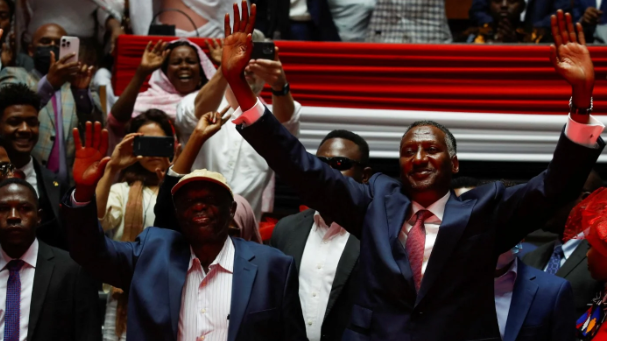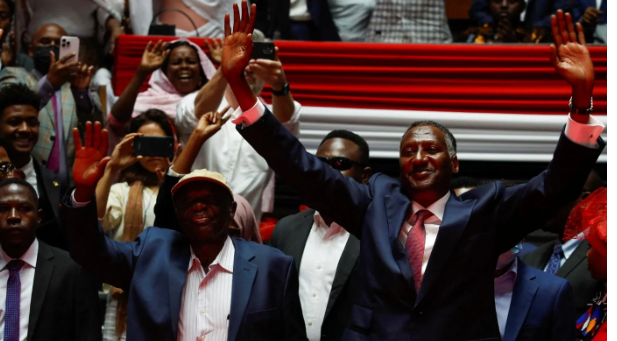
The Rapid Support Forces (RSF), Sudan’s powerful paramilitary group, has announced the formation of a parallel government, escalating the ongoing conflict and deepening divisions within the country. This move not only threatens to fragment Sudan but also has wider implications for regional stability across Africa.
The RSF vs. the Sudanese Army
Since April 2023, Sudan has been engulfed in a brutal conflict between the RSF, led by General Mohamed Hamdan Dagalo (known as Hemedti), and the Sudanese Armed Forces (SAF), commanded by General Abdel Fattah al-Burhan. The power struggle, which began as a dispute over the integration of the RSF into the national military, has turned into a full-scale civil war, displacing millions and causing a severe humanitarian crisis.
With neither side able to claim full control over Sudan, the RSF’s declaration of a parallel government signals a dangerous step toward the country’s potential fragmentation.
How Could a Parallel Government Divide Sudan
By setting up a separate governing authority, the RSF could effectively divide Sudan into two rival administrations:
- RSF-Controlled Areas – The RSF currently holds large portions of western and southern Sudan, including Darfur and parts of Khartoum. A parallel government would formalize its rule in these territories, challenging the authority of the SAF-led administration.
- SAF-Controlled Areas – The Sudanese military, led by al-Burhan, still holds sway over the capital and eastern regions, including Port Sudan, where the internationally recognized government operates.
This division could mirror past conflicts, such as South Sudan’s secession in 2011, further destabilizing the country and making national reunification increasingly difficult.
Regional and Continental Consequences
A divided Sudan would have ripple effects across Africa:
- Increased Regional Instability: Neighboring countries like Chad, South Sudan, and Ethiopia could face spillover violence, refugee crises, and rising insecurity along their borders.
- Proxy Conflicts: Foreign powers and regional actors, including Egypt, the UAE, and Russia, have interests in Sudan. A split government could deepen foreign interference, much like in Libya.
- Weakening of the African Union (AU): The AU’s ability to mediate in Sudan’s crisis is already limited. A parallel government could further erode its influence and complicate peace negotiations.
The international community, including the AU, the UN, and Sudan’s regional allies, will need to respond carefully to prevent a full-scale division of the country. However, unless a political resolution is reached soon, Sudan risks prolonged conflict, economic collapse, and further humanitarian disaster.
The RSF’s parallel government may be the latest sign that Sudan’s war is shifting toward long-term fragmentation—one that could reshape the political map of Africa.

